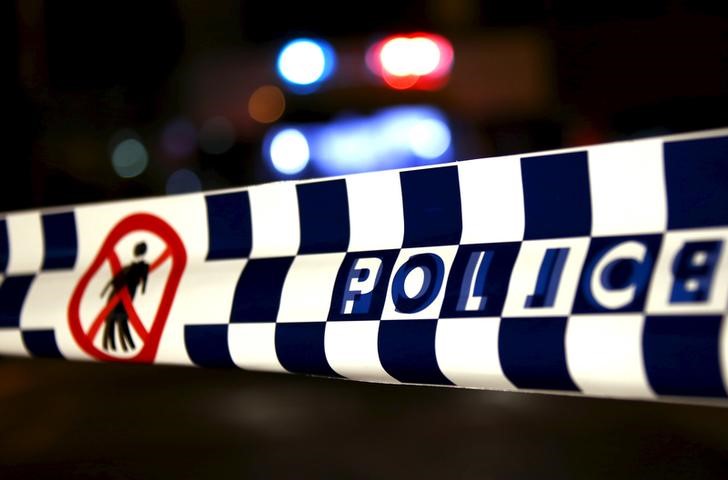Bank of America just raised its EUR/USD forecast
By Paul Carsten
ABUJA, Oct 19 (Reuters) - Nigerians protesting against what
they condemn as police brutality must end their daily
demonstrations and enter into dialogue with the government on
law enforcement reforms, the youth minister said on Monday.
Thousands of Nigerians calling for an end to alleged
brutality and for law enforcement reforms have taken to the
streets every day for more than a week across the country,
posing a major challenge to President Muhammadu Buhari.
Protests have continued despite the dissolution of the
Special Anti-Robbery Squad (SARS) police unit on Oct. 11
following accusations of human rights abuses against the unit.
Sunday Dare, Minister of Youth and Sports Development, told
Reuters the government had met the demonstrators' demands,
including the creation of an independent body to investigate
alleged misconduct and the release of all arrested protesters.
"It is time to move to the next stage, that next stage is
dialogue," said Dare in an interview in the capital, Abuja.
But he acknowledged the mistrust of demonstrators who say
the government has promised to reform the police in the past
with little discernible effect.
Even as the president and Nigeria's police chief promised
that force would not be used on peaceful protesters, police have
opened fire on demonstrators in recent weeks.
At least 10 protesters have been killed, Amnesty
International has said.
Dare said the government does not want the situation to
"escalate or descend into chaos" as a result of the
demonstrations and their impact on other Nigerians' livelihoods.
"Government has a responsibility when it comes to protecting
the lives, the liberties and freedoms of every other Nigerian,"
he said.
"If they are stopped from going to feed their families, it
also increases the insecurity," said Dare, adding that the
protests were being infiltrated by "hoodlum attacks" and
"miscreants".
The minister said he does not sit on the national security
council that would decide whether or not to deploy security
forces to quell the protests, but that the use of force "should
always be the last option".
"I don't see us getting to the last option," he said.
